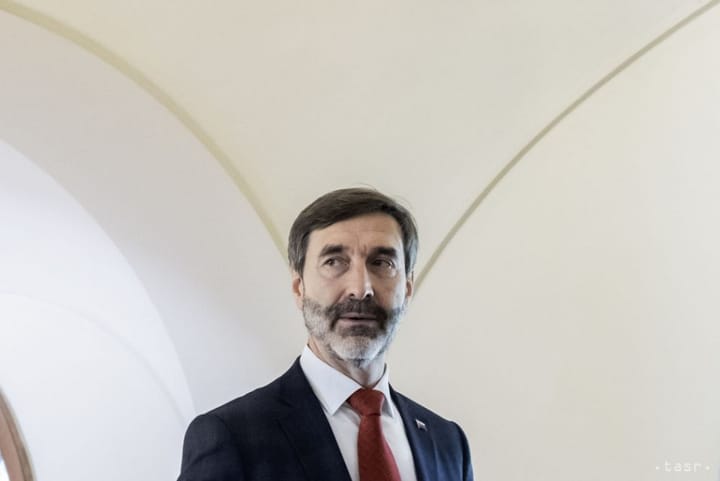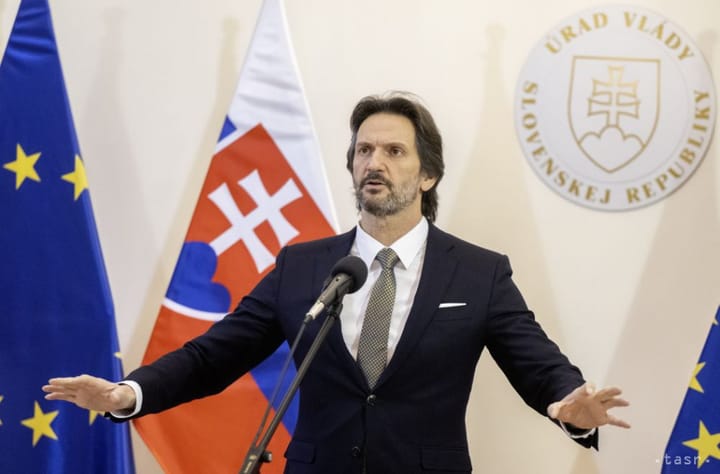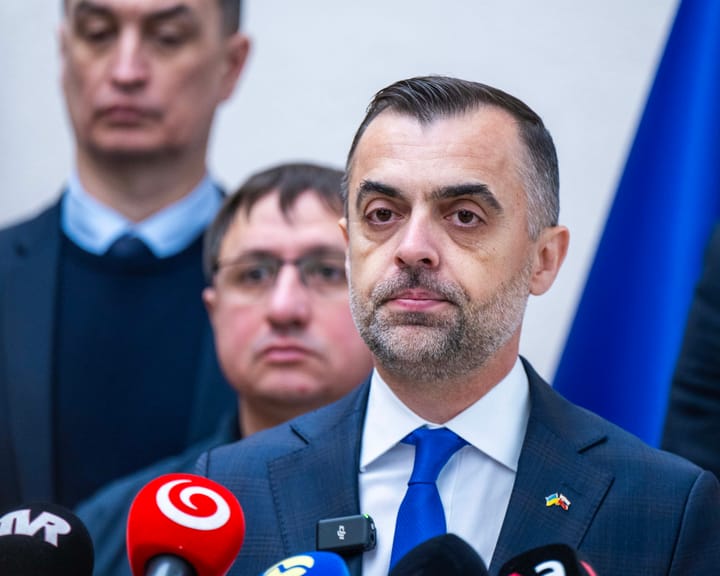Eurobarometer: EU's Image Improving in Slovakia

Bratislava, February 24 (TASR) – The EU’s image in Slovakia has begun to improve again, with Slovaks supporting the Union more in general, and also having more trust in its institutions and policies than before, as is evident from the results of the Eurobarometer 86 survey carried out in November, European Commission Representation Office head Dusan Chrenek said at a press conference on Friday.
“I personally was the most pleased to see that positive views of the EU have become more frequent. I think that it’s a reflection of the Slovaks’ realisation of many positive things brought by membership in the EU. This is a significant shift while various critical voices against the EU have been raised,” said Chrenek.
A total of 34 percent of Slovak respondents had a generally positive view of the EU, compared to 30 percent in the previous survey carried out six months earlier. Meanwhile, the number of people judging the EU negatively fell from 26 percent to 20 percent, reads the national report on the EU, which included the economy, migration, terrorism, the Energy Union and climate change.
Most of the Slovak respondents expressed support for a common migration policy in the EU – 54 percent, up by 4 percentage points compared to the previous survey.
Meanwhile, the negative opinions on such issues as terrorism and migration have receded, as only 10 percent of Slovaks described migration as an important issue in November (17 percent in the previous survey), while a mere 5 percent ascribed importance to terrorism (6 percent earlier).
“Only 146 people requested asylum in Slovakia last year – the lowest figure from among all the EU-member countries,” said Chrenek, adding that this might be one of the causes of the aforementioned developments, apart from a mitigation in politicians’ rhetoric compared to the 2016 election year.
According to Comenius University’s Faculty of Arts analyst Pavol Bobos, Slovaks consider migration and terrorism as less important than average Europeans, putting more stress on health care and the cost of living instead. At the same time Slovaks tend to trust European law-enforcement authorities more than domestic ones, as they believe that the Slovak police and the judiciary are subject to political interference to a considerable extent.



